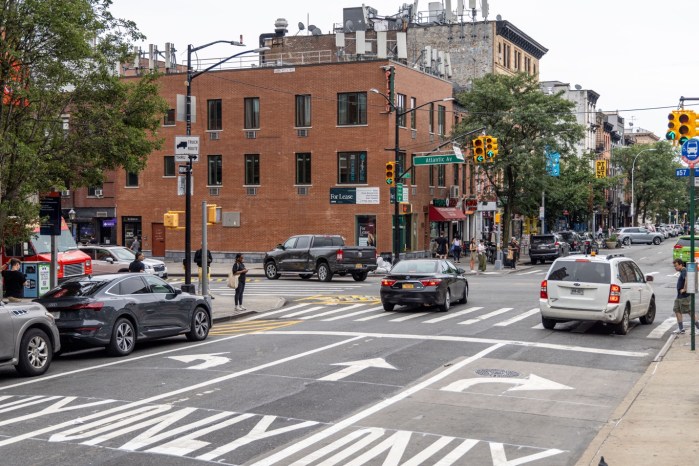Flatbush and Midwood need city money for community gardens, more lighting along Nostrand Avenue and street repairs, say residents who are participating in an “American Idol”-style contest for $1 million in taxpayer funds.
Councilman Jumaane Williams (D–Flatbush) has promised to allocate the money after holding a series of community meetings in a grassroots experiment known as “participatory budgeting.”
Councilman Brad Lander (D–Park Slope) and two other lawmakers who joined the initiative are hosting similar meetings this month to hand out another $3 to $5 million.
People who attended the Oct. 17 forum at Brooklyn College were full of ideas on how to spend the cash, including a modern stationhouse for the 70th Precinct and a bike lane on Nostrand Avenue.
But the most popular suggestion by far was for more community garden space — either one big new park or several smaller facilities throughout Williams’s council district, which stretches from Midwood to Canarsie.
“Everybody loves gardening, but not everyone has an opportunity to do it,” said Pieranna Pieroni, who wants to upgrade an existing green space across from Midwood HS.
Residents also suggested installing more street lights on Nostrand Avenue, where some complained that it’s too dark at night, measures to slow drivers who speed on Kings Highway and new lockers at the Flatbush YMCA, among other projects.
The money must go towards construction projects or repairs to existing infrastructure, and cost between $35,000 and $1 million.
For comparison, this year Williams spent $100,000 on technology for Brooklyn College’s Graduate Center for Worker Education, $250,000 on security lights for Paerdegat Park and $400,000 on furniture and equipment for the Rugby Library in East Flatbush.
The meeting was part of a lengthy process that started on Oct. 3 and will generate hundreds of ideas.
Starting in November, a committee of volunteer delegates — which is open to anyone who lives, works or goes to school in the district — will make a “short-list” of the most popular plans.
The items will be put to a district-wide vote in March.
The experiment is intended to bring more transparency to government, and has been adopted in Chicago, Toronto and over 1,000 other cities around the world, according to Josh Lerner, the co-director of the Participatory Budgeting Project.
Supporters said it would work in Brooklyn, too.
“We should be actively finding ways to empower and engage the community,” Williams said.
Besides, he added, “it’s [the taxpayers’] money, so I think it’s only fair.”























